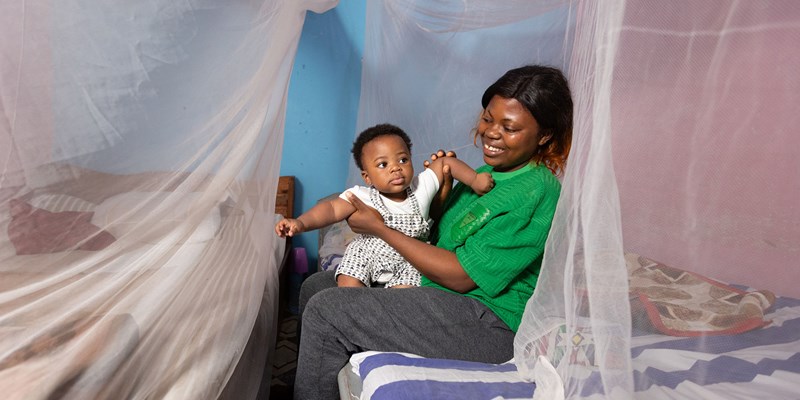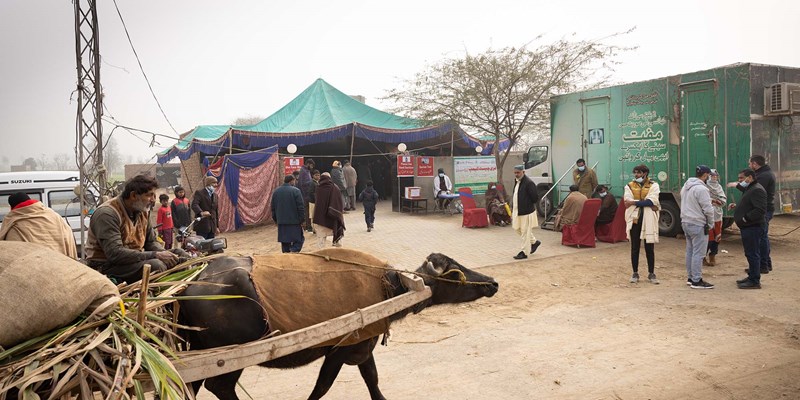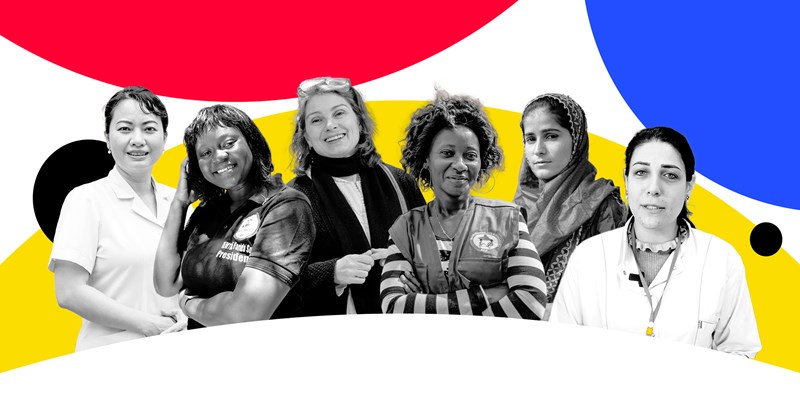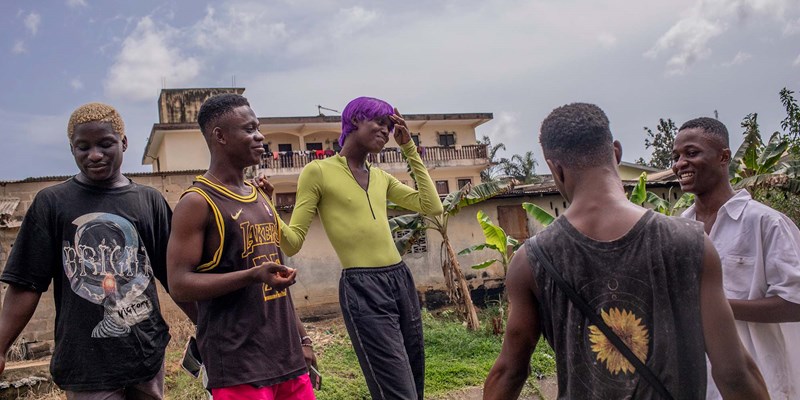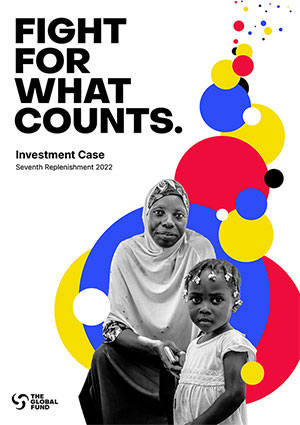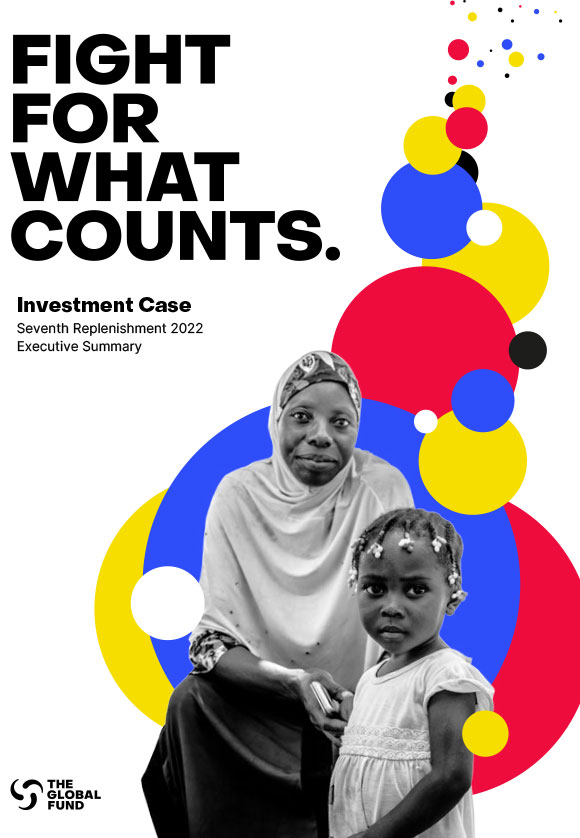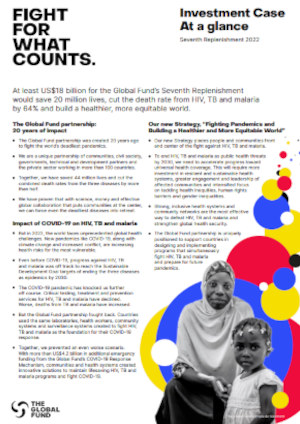The Global Fund connects countries with diverse partners – private sector investors, philanthropists, civil society organizations, and multilateral donors – to develop and implement practical, innovative finance mechanisms to increase the impact against the three diseases. These solutions complement government spending and amplify domestic health financing.
We are uniquely positioned to enable innovative finance to have a catalytic effect. Our experience shows that innovative finance can have significant impact by:
- Raising funds for program delivery
- Fostering innovation
- Increasing efficiency
- Supporting countries in transition and ensuring sustainability
